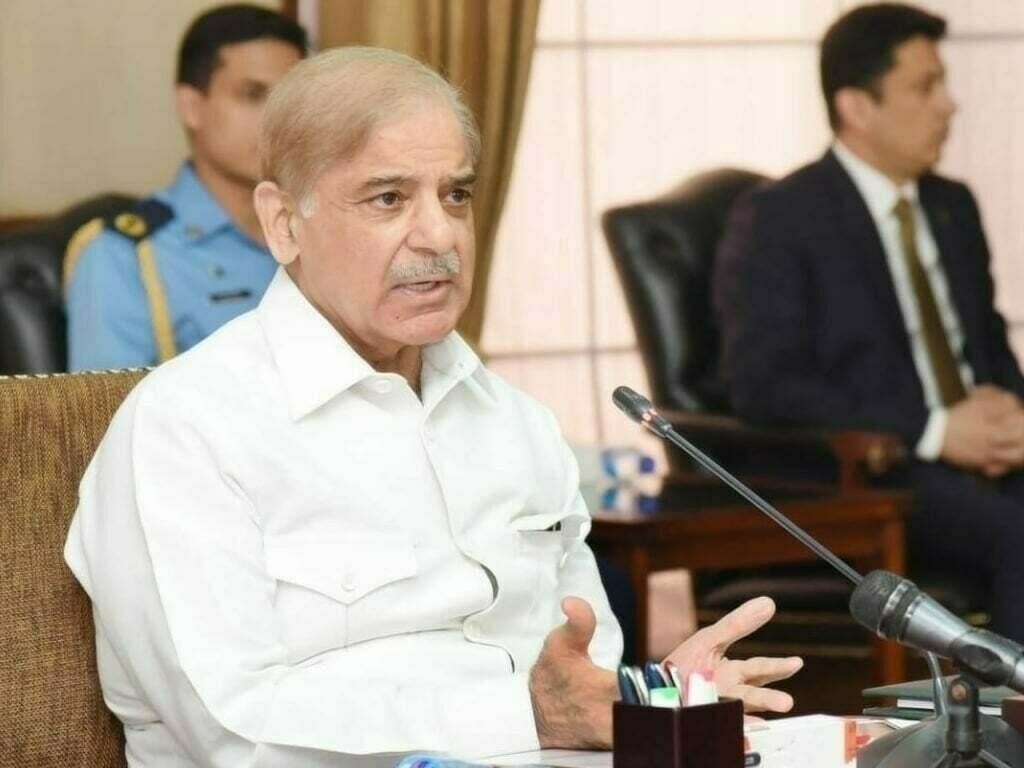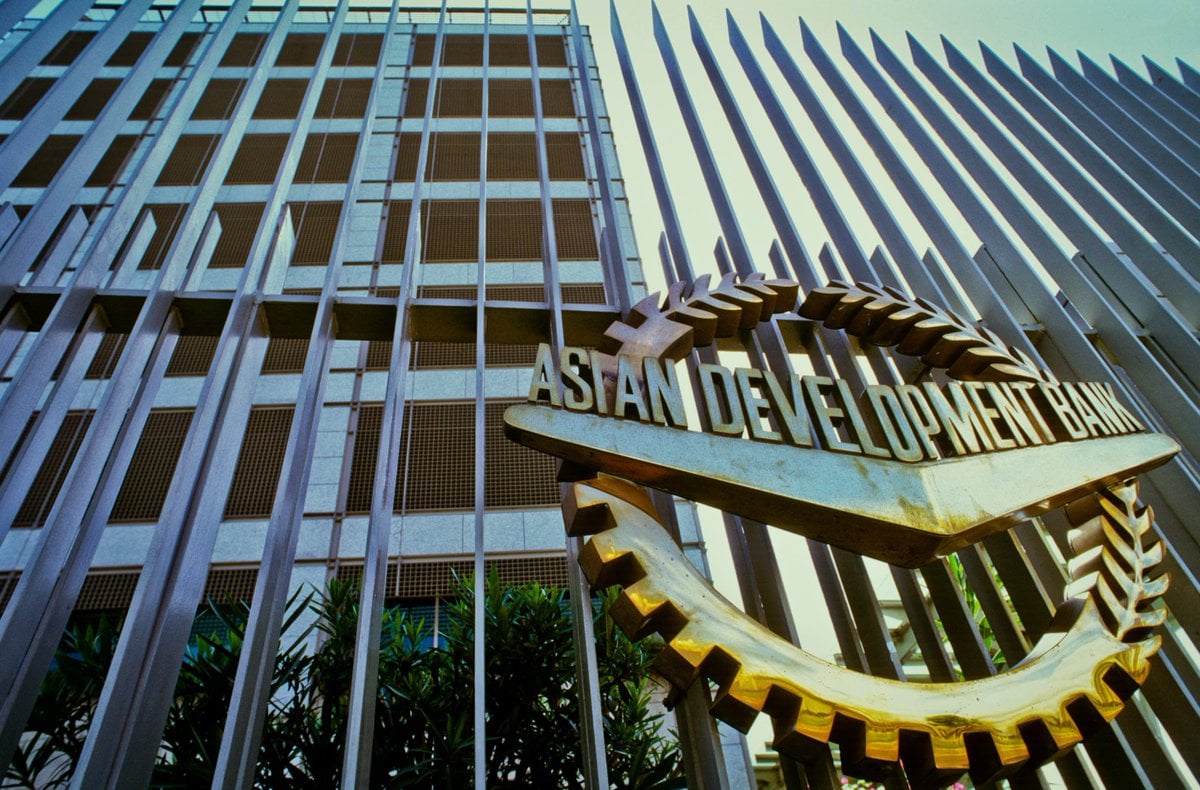PTBP Web Desk
The Federal Minister for Finance and Revenue, Muhammad Aurangzeb, addressed the importance of implementing a comprehensive reform agenda aimed at ensuring macroeconomic stability in Pakistan. During a meeting with a high-level delegation from the Asian Development Bank (ADB), Aurangzeb underscored the government’s resolve to meet structural benchmarks necessary for fostering inclusive growth and reducing the country’s dependency on external borrowing.
Aurangzeb articulated that the key to achieving lasting economic stability lies in fundamentally transforming the “DNA” of Pakistan’s economy. He emphasized the need to transition away from the cyclical boom-and-bust economic patterns that have historically plagued the nation. The minister advocated for a shift towards sustained export-led growth, a strategy that not only encourages domestic investment but also attracts Foreign Direct Investment (FDI) into export-oriented sectors. This transition is seen as vital for regaining access to the international capital markets, which have been a lifeline for countries looking to stabilize and grow their economies.
The meeting with the ADB delegation, led by Executive Directors Donald Bobiash and Shigeo Shimizu, marked a significant moment for the Pakistani government as it seeks to align its economic priorities with the objectives of international financial institutions. Accompanying them were Yong Ye, the ADB Country Director, and other senior officials from both ADB and the Finance Division.
Aurangzeb welcomed the delegation warmly and provided them with an overview of the ongoing structural reforms within Pakistan. He highlighted positive trends in key economic indicators, signaling an upward trajectory for the nation’s economy. The meeting was held at the Finance Division on Wednesday, and it served as a platform to discuss the government’s reform agenda and the support required from ADB.
The Finance Minister specifically pointed out the successful management of twin deficits, which has been bolstered by robust remittance flows and strong export performance. He noted that inflation, which had soared to 38% the previous year, had dramatically decreased to a 44-month low of 6.9% in September. Furthermore, the government has reduced the policy rate by 450 basis points, with further cuts anticipated in the near future.
Aurangzeb also touched on the stability of the exchange rate, which has contributed to an increase in foreign exchange reserves, now standing at $10.7 billion following the signing of the International Monetary Fund (IMF) accord. Additionally, the stock exchange index has crossed the significant threshold of 85,000 points, indicative of growing business confidence and a favorable investment climate, which is likely to draw more institutional investors to the country.
Aurangzeb credited Prime Minister Shehbaz Sharif with leading the charge in implementing vital structural reforms across key sectors, including taxation, energy, state-owned enterprises (SOEs), and privatization. He particularly emphasized the importance of rightsizing government functions and reforming pension systems as part of the overall strategy to stabilize the economy.
One of the standout achievements discussed was the recent signing of a National Fiscal Pact between the federation and the provinces. Aurangzeb hailed this as a milestone in promoting coherence and alignment in the pace of structural reforms. The pact aims to incentivize provinces to mobilize greater tax resources, streamline their development expenditures, and improve governance, all crucial for meeting development goals.
Expressing gratitude towards the ADB for its ongoing support for Pakistan’s development agenda, Aurangzeb reaffirmed the government’s desire to deepen its partnership with the bank. He indicated that enhanced assistance and support from ADB would be crucial in facilitating the implementation of the country’s reform program.
The ADB delegation, in response, expressed appreciation for the bold reforms that Pakistan has undertaken in its pursuit of economic stabilization and sustainable growth. Bobiash, Shimizu, and their colleagues voiced their commitment to supporting Pakistan’s ongoing reforms and the strengthening of the country’s fiscal framework.
In the discussions, ADB officials also highlighted the importance of inclusive growth, innovation, and climate action in achieving sustainable development goals. They assured the Finance Minister that the bank would remain a steadfast partner in these endeavors, supporting initiatives that promote not just economic growth, but also social and environmental sustainability.




